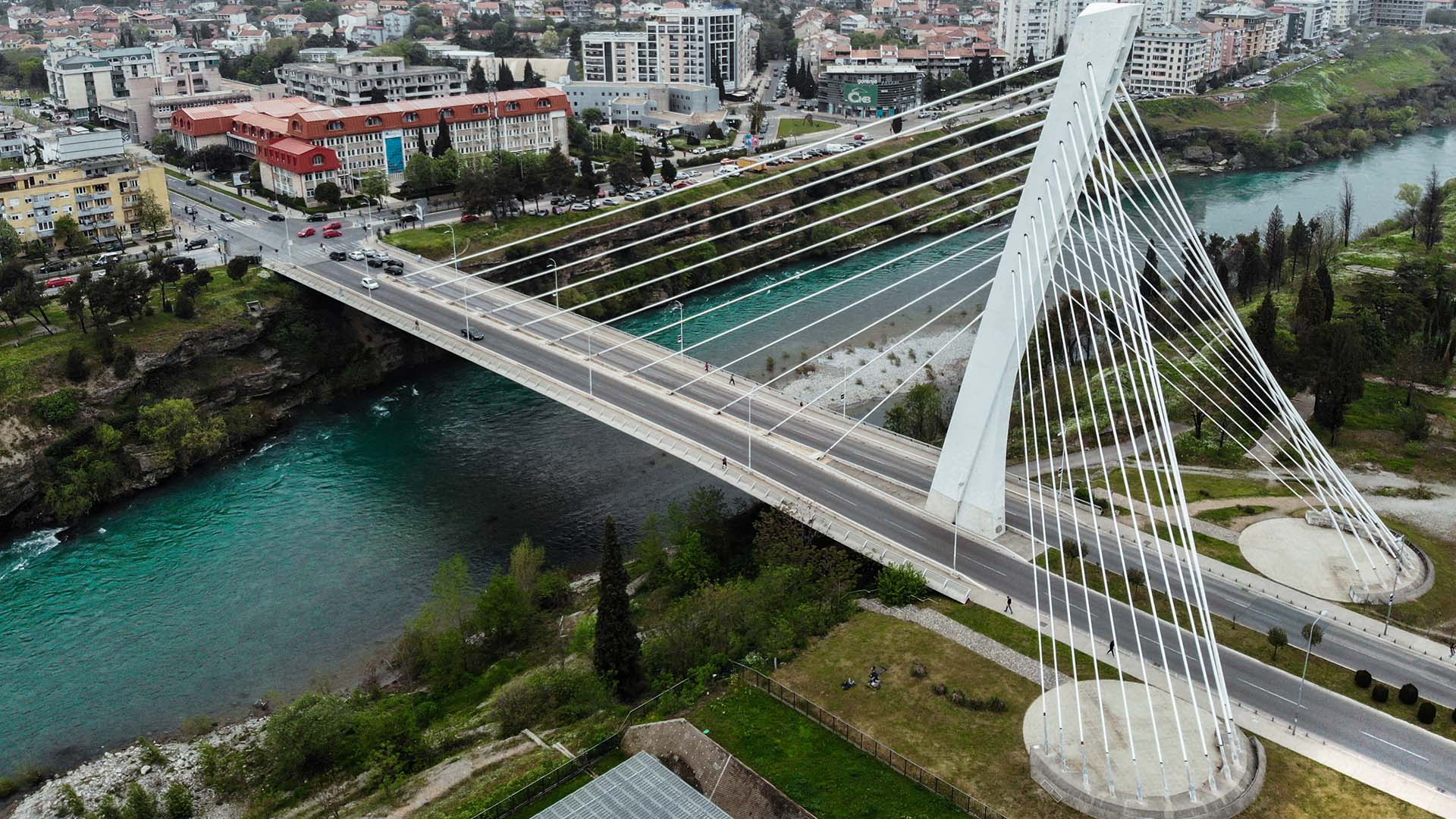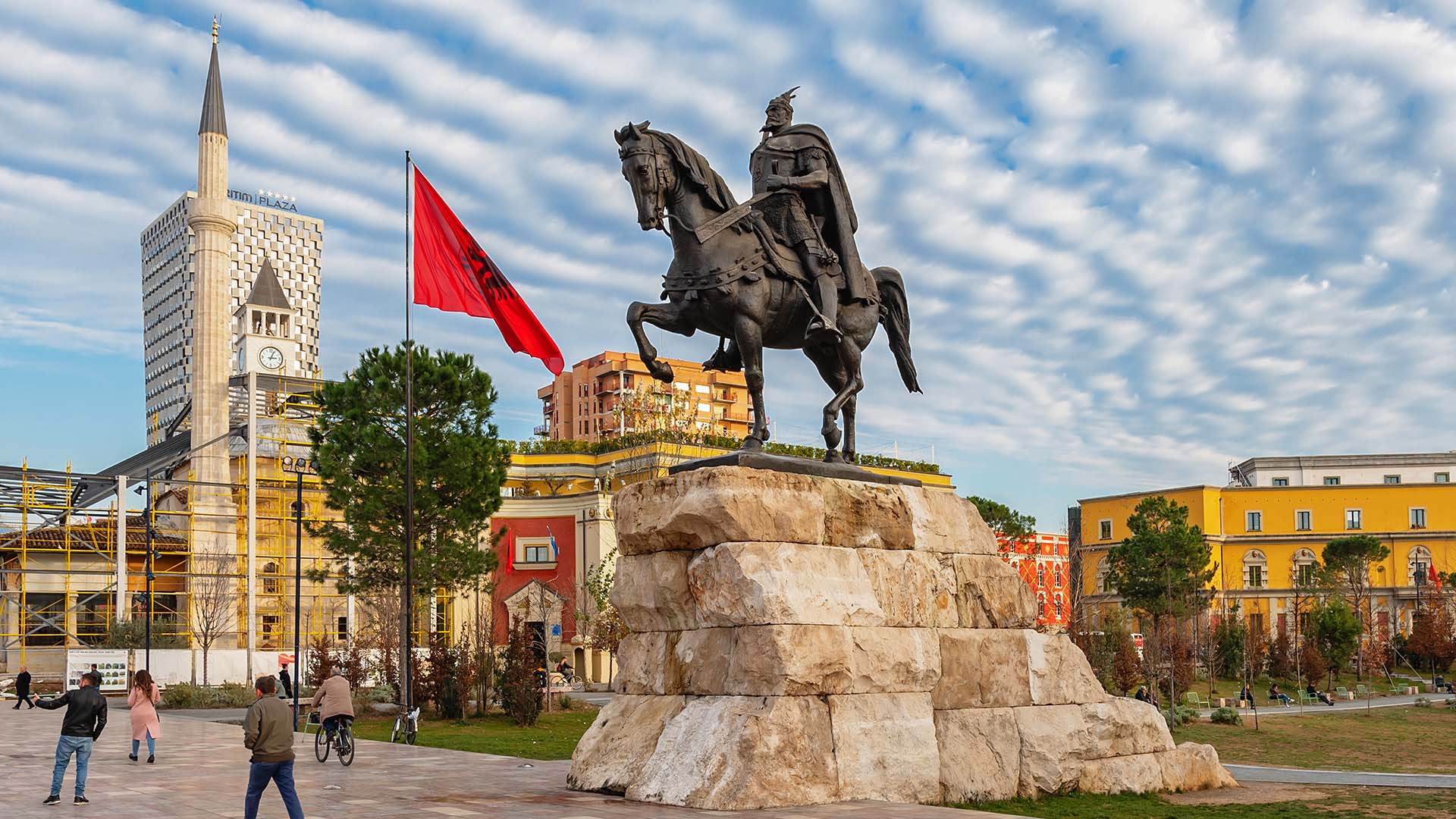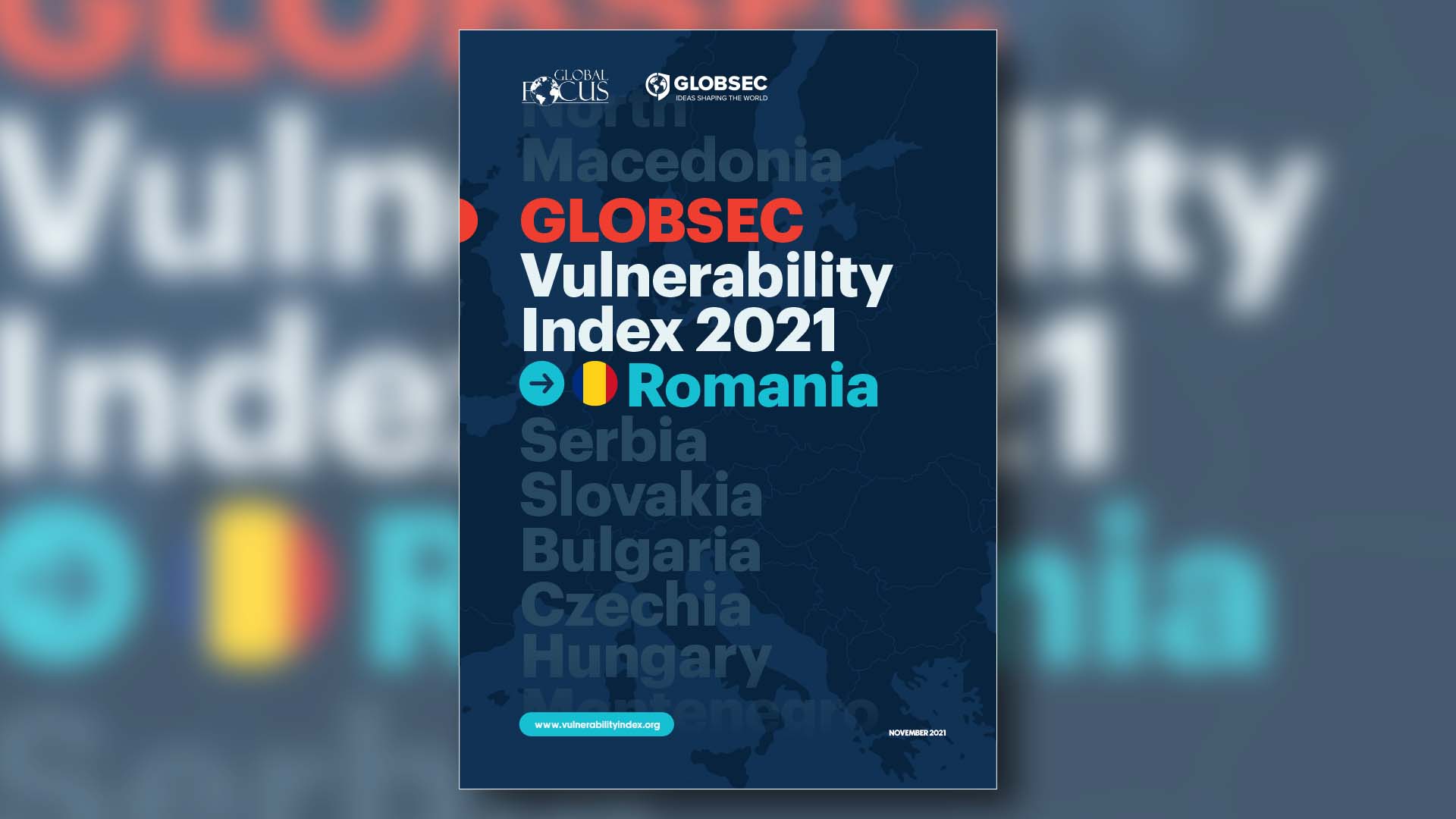This research attempts to begin to understand the kinds of patterns and methods used by actors seeking to inflame tensions in the
region as well as to identify possible motives and inform suitable responses.

September 2024
This report has been prepared with support from IRI’s Beacon Project. The opinions expressed are solely those of the author and do not reflect those of IRI.



Policy Recommendations

Policy Recommendations

Policy Recommendations

Romania scores higher than other regional countries in terms of resilience to foreign interference, mainly thanks to its firm pro-Western orientation. The country’s primary vulnerabilities remain internal: elite capture by groups of interests that influence the political and social agenda, media ownership by corrupt businessmen and politicians, a drift toward social conservatism, etc. align with the interests of Moscow and Beijing to weaken the Euro-Atlantic alliance and create potential opportunities for malign influence.
GlobalFocus Center and its regional partner Globsec have published the Vulnerability Index, an analysis of eight countries in Central-Eastern Europe and the Western Balkans (Czechia, Slovakia, Hungary, Romania, Bulgaria, Serbia, Montenegro, North Macedonia), with scores ranging from 0 (most resilient), to 100 (least resilient). Romania scores 29, equal to Czechia, whereas Serbia scores highest (55), closely followed by Hungary and Montenegro (44).

Policy Recommendations